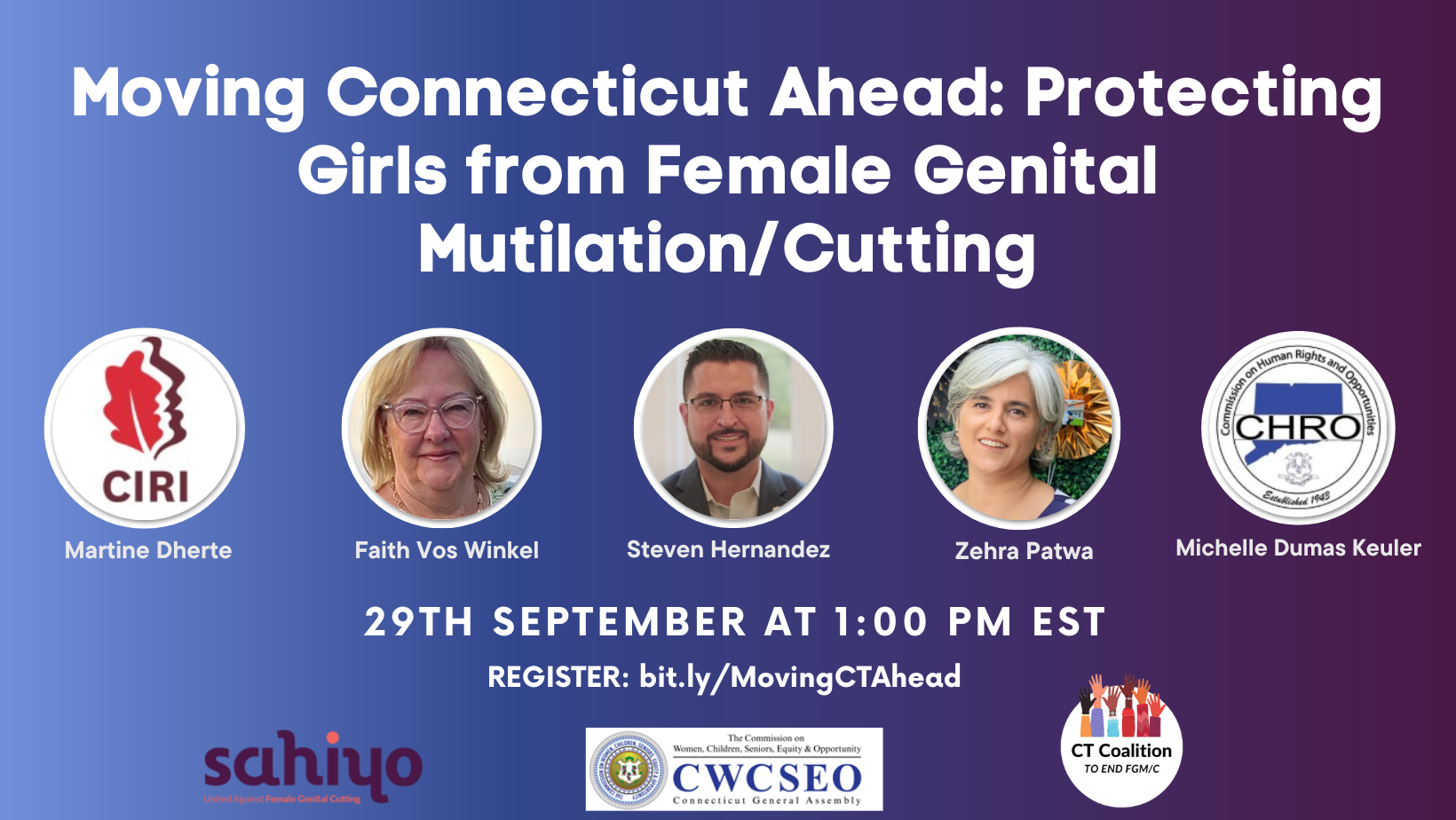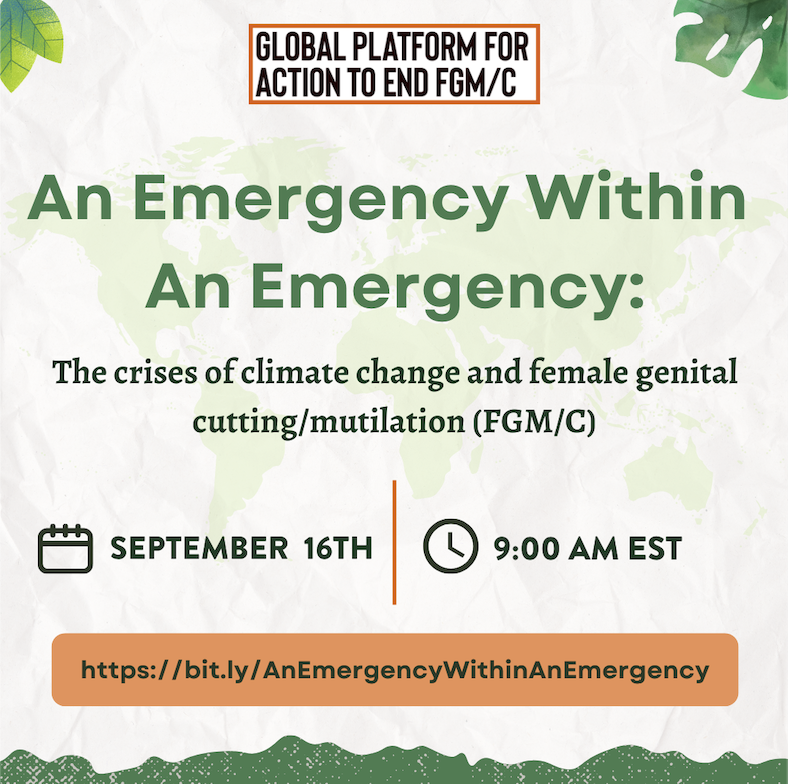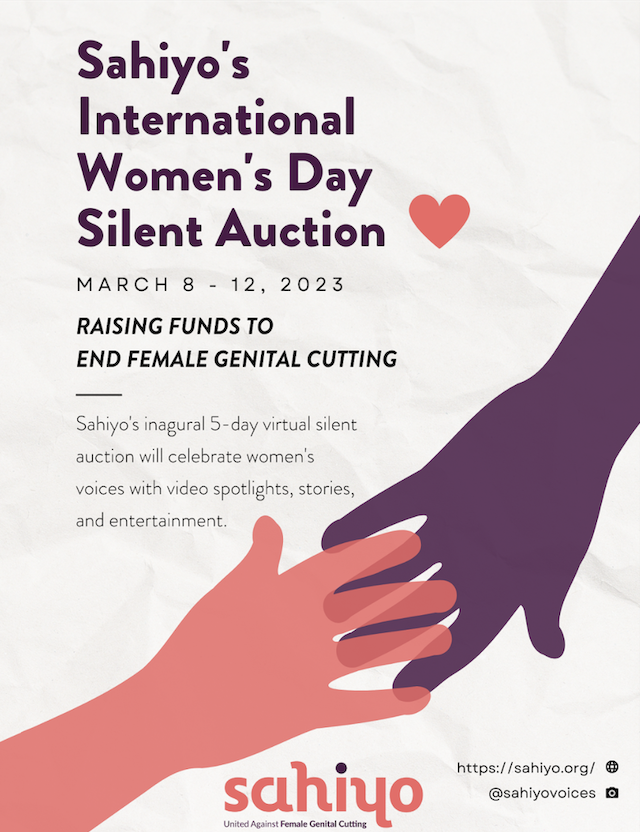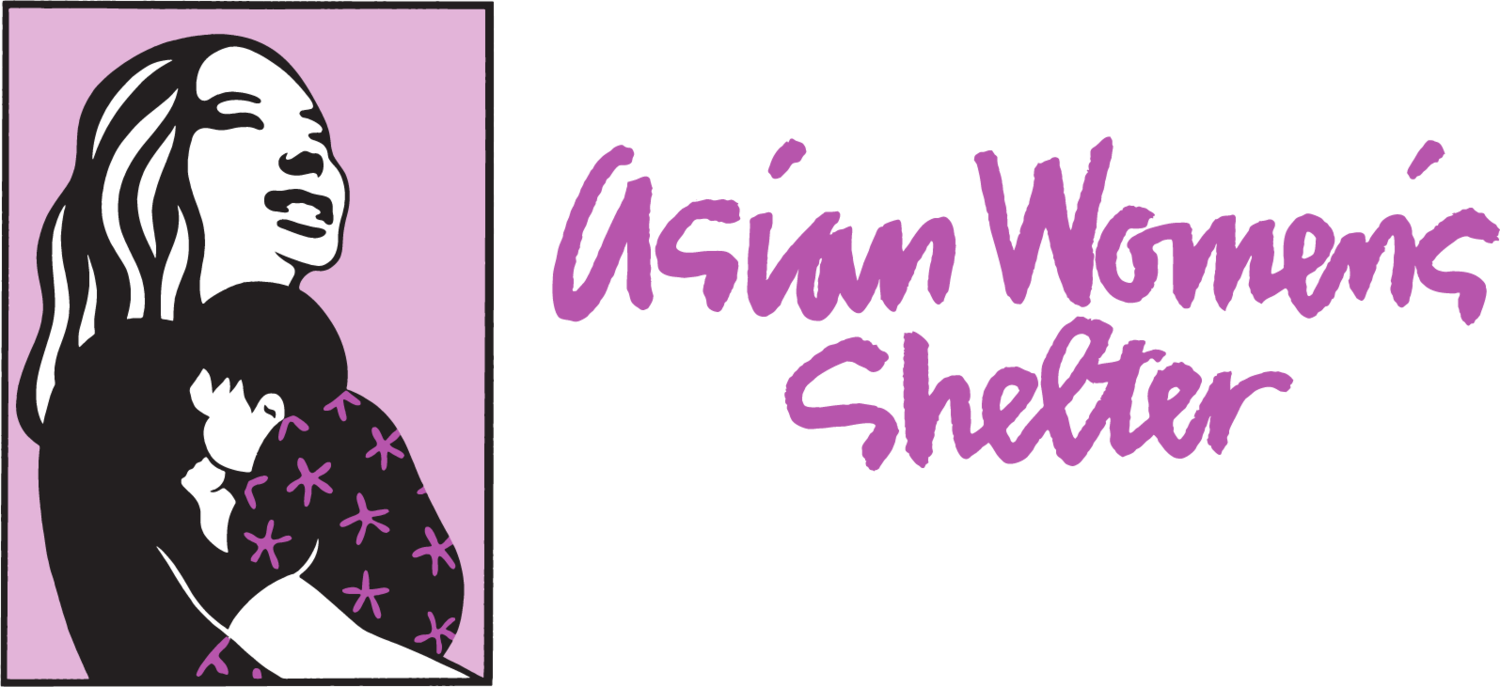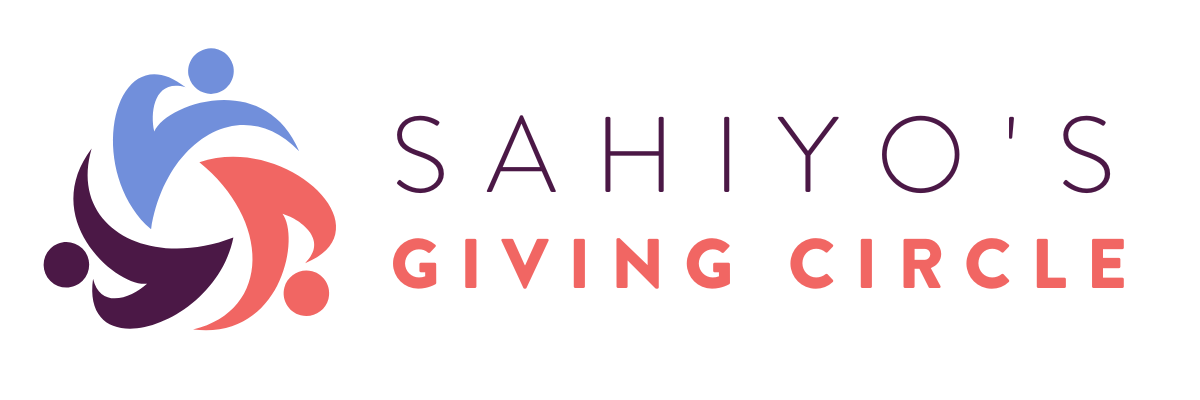Date: Sep 29, 2022
Time: 1 PM to 2:30 PM EST (90 mins)
Registration Link: bit.ly/MovingCTAhead
In partnership with the Connecticut Commission on Women, Children, Seniors, Equity and Opportunity and The Connecticut Coalition to End Female Genital Mutilation/Cutting (FGM/C), Sahiyo will be hosting “Moving Connecticut Ahead: Protecting Girls FGM/C.
In 2013, the Population Reference Bureau estimated that 2,658 women and girls in Connecticut (CT) were at risk of undergoing - or having already undergone - female genital mutilation/cutting (FGM/C). FGM/C is a harmful social norm practiced worldwide and the United Nations has declared it a human rights violation. In Connecticut, many other human rights violations stemming from social norms have been addressed through legislation such as human trafficking, child marriage, and conversion therapy. However, Connecticut has yet to address the issue of FGM/C and remains one of 10 U.S. states without any state-level law protecting future generations from this harm. This webinar will explore how Connecticut can move forward to address this issue through legislation to better protect its women and girls from FGM/C.
Get to know the panel!
Moderator: Steven Hernández
Steven Hernández, Esq
Executive Director
CT Commission on Women, Children, Seniors, Equity and Opportunity
CT General Assembly
Steven Hernández, Esq. is the Executive Director of the CT Commission on Women, Children, Seniors, Equity and Opportunity, a non-partisan agency of the Connecticut General Assembly. At the Commission, Mr. Hernández serves as the legislative lead for the State's 2GEN initiative, an approach that puts family at the center of improved community outcomes, and as drivers of long-term economic success. Mr. Hernández proudly serves on several volunteer boards and commissions rooted in public service. He previously served the CT state legislature as Director of Public Policy and Research for the Connecticut Commission on Children. Prior to joining the Commission, Mr. Hernández served seven years as legislative and budget director in the office of Washington, D.C., Council member Jim Graham. Mr. Hernández served as a clerk to two judges in the District’s Court of Appeals and as a consultant to the Washington law firm Baker & Miller, PLLC. He received a Bachelor of Arts Degree from Bennington College in Vermont in 1995 and a Juris Doctor Degree from the Washington College of Law at American University.
Speakers:
Zehra Patwa
Zehra Patwa is the Co-Founder and US Lead of WeSpeakOut, an organization that strives to work for equal rights for Bohra women in all spheres of life, specifically, on Female Genital Mutilation/Cutting (FGM/C) or khafz.
She grew up in London and was educated at the University of Bradford Management Centre in the UK and the Université de Montpellier in France.
Zehra serves on several Boards, including Integrated Refugee and Immigrant Services (IRIS), and currently serves as Vice-Chair of the Sahiyo US Advisory Board.
After discovering well into adulthood, that khatna or khafz (type 1 FGM/C) was practiced in her community and that she, too, had been subjected to it, she decided she could no longer keep silent. Although she has no recollection of the practice being done to her, she is vehemently opposed to it and has been working with WeSpeakOut to expose the practice within, and outside, the community.
She currently works in Digital Customer Delivery for the Knights of Columbus in New Haven, Connecticut.
Faith Vos Winkel
Before Faith's recent retirement from Government, Faith Vos Winkel began her work with the Office of the Child Advocate in July 2001 and assists the Child Advocate to fulfill her statutory mandates including overseeing the systems of care and protection for children in Connecticut and advocating for their well-being. Faith’s primary responsibilities focus on the review of all unexpected and unexplained child deaths in Connecticut. She is responsible for preparing child fatality cases and conducting comprehensive investigations. Faith represents the Child Advocate on a variety of statewide policy committees including the Suicide Advisory Board, CT Coalition Against Domestic Violence Fatality Review Committee, and the Governor’s Task Force on Justice for Abused Children. Ms. Vos Winkel has an undergraduate degree from the University of Connecticut and a Masters of Social Work from the University Of Connecticut.
Martine Dherte
Martine Dherteis the Program Manager for refugee services at the Connecticut Institute for Refugees and Immigrants. She uses her platform to educate newly arrived refugees resettled by her organization in Bridgeport. She would like her programs, which currently includes GBV services to address FGM and become a stronger advocate in the field. She is passionate about protecting women and girls from all forms of abuse.
Michelle Dumas Keuler
Michelle Dumas Keuler is the Managing Director of the Housing, Training and Appeals divisions of the Legal Division and Commission Counsel with the State of Connecticut Commission on Human Rights and Opportunities (“CHRO”). Founded in 1943, the CHRO is the nation’s oldest state based civil rights organization. The Commission is charged with investigating and prosecuting cases of employment, housing, public accommodation and credit discrimination. As a Managing Director, Ms. Dumas Keuler represents the agency in its prosecution of employment, housing and public accommodation discrimination cases before agency Human Rights Referees, in state court, and federal court. Ms. Dumas Keuler has extensive experience training in the areas of housing, employment and public accommodation discrimination, employer best practices and sexual harassment discrimination. She has trained countless landlords, tenants, housing authorities, state and municipal employees and employers regarding discrimination statutes and their enforcement by the CHRO. Ms. Dumas Keuler also works on policy for the Commission and is active in promoting the legislative initiatives of the agency.

